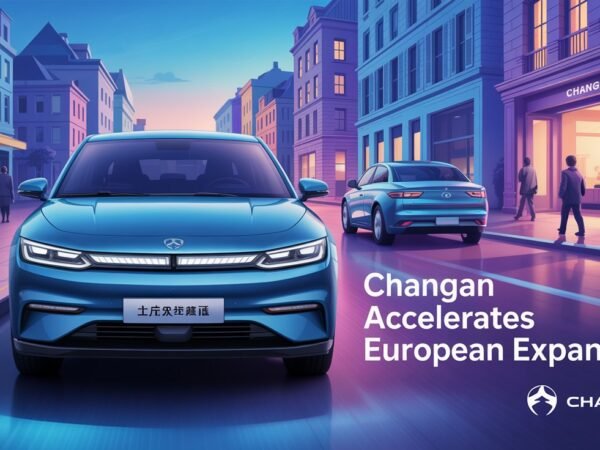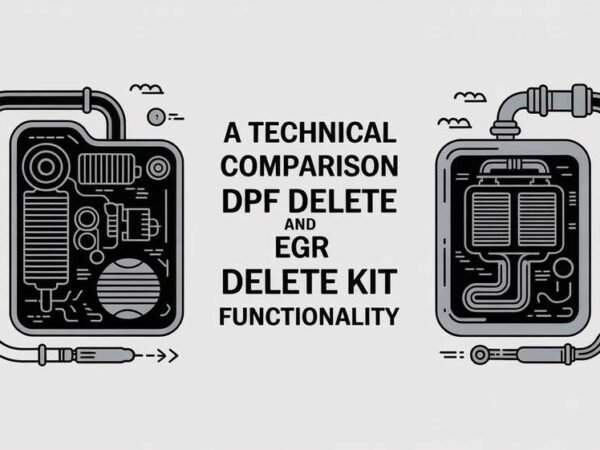As electric vehicles (EVs) zoom onto the scene, they’re sparking exciting conversations about their impact on energy use and sustainability. I can’t help but wonder how this shift is reshaping our energy world. With more EVs hitting the road, it’s crucial to explore how charging these vehicles affects our power grids and what it means for our planet.
The Role of EV Charging in Sustainability
Electric vehicle charging plays a critical role in sustainability. Last year, I watched my neighbor install a solar-powered charging station. He said it cut his electricity bills by 30% while reducing his carbon footprint. Here’s how EV charging boosts sustainability:
- Reduced Emissions: Charging EVs with renewable energy sources slashes greenhouse gas emissions.
- Efficient Energy Use: Smart grids and time-of-use rates optimize when and how EVs charge.
- Grid Stability: Vehicle-to-grid technology allows EVs to return power to the grid, aiding peak demand.
These innovations in electric vehicle charging point us toward a more sustainable future.
Business Energy Consumption and EV Charging
Businesses increasingly face changes in energy demand due to electric vehicle charging. As more employees and fleets incorporate EVs, the charging infrastructure affects overall energy consumption patterns.
Energy Demand from EV Charging
Electric vehicle charging significantly impacts energy demand. With more businesses adopting on-site charging stations, peak energy usage times see spikes. While overseeing our office’s transition to EV charging, I noticed our energy consumption increased notably during lunch and after work. Monitoring and managing these demand peaks becomes important for energy efficiency.
Impact on Electricity Bills
With rising EV charging needs, businesses encounter higher electricity bills. Installing charging stations without analyzing usage patterns can increase costs. At my last job, we reduced energy expenses by scheduling EV charging at off-peak hours. This strategy often lowers rates and eases the burden on the local power grid. Making informed decisions on charging times can lead to significant savings.
Integration with Renewable Energy
Electric vehicle charging integrates well with renewable energy sources, creating a synergy for sustainability.
Renewable Energy Sources and EV Charging
Combining renewable energy sources like solar and wind with electric vehicle charging reduces carbon emissions. Charging stations powered by renewables reduce dependence on fossil fuels. In a small town in Colorado, I saw solar panels at a local library directly powering their EV chargers. Joining these forces strengthens green initiatives and promotes cleaner air and reduced pollution.
Microgrids and Energy Efficiency
Microgrids are local energy grids that can disconnect from the traditional grid to operate autonomously. They’re incredibly efficient with electric vehicle charging because they manage energy locally, reducing transmission losses and supporting more reliable energy distribution. At our community center, microgrids help balance loads during high demands, like summer events. This localized approach enhances grid resilience and energy conservation.
Sustainability Impacts
Electric vehicle charging significantly affects sustainability. As EV adoption grows, the focus on reducing environmental impacts intensifies.
Reducing Greenhouse Gas Emissions
Charging electric vehicles with renewable energy dramatically cuts greenhouse gas emissions. Depending on the energy source, emissions could drop by up to 80%. Solar-powered EV chargers have become a hit in my neighborhood, with neighbors sharing stories of reduced carbon footprints. These chargers contribute to a cleaner environment by lessening dependence on fossil fuels. Also, charging timing can impact emissions; charging during peak renewable production amplifies benefits.
Meeting Corporate Sustainability Goals
Companies increasingly use electric vehicle charging to meet sustainability targets. Installing EV chargers at workplaces shows commitment to reducing environmental impact. I recall a colleague mentioning the pride he felt when his company installed solar-powered charging stations, aligning with their green initiatives. This not only supports emission reduction goals but also bolsters market reputation. EV charging options can attract eco-conscious employees and customers, strengthening a company’s green agenda.
Challenges and Considerations for Businesses
Businesses must overcome several hurdles when integrating electric vehicle charging infrastructure into their operations.
Infrastructure Costs
Setting up EV charging stations is no small feat. Businesses often incur high initial expenses for equipment and installation. In my experience at a tech firm, we needed to allocate a significant part of the annual budget to install sufficient charging points for our fleet. The cost didn’t just stop there—ongoing maintenance and upgrades added to the financial burden. Companies should weigh these considerations before adding EV chargers to their facilities.
Grid Strain and Peak Demand
Electric vehicle charging can strain local power grids, especially during peak demand. Many employees at my company prefer charging their vehicles during lunch breaks, causing spikes in energy use. This increased demand can result in higher electricity prices and potential stress on the grid. To mitigate these issues, businesses might consider implementing smart charging solutions that delay charging to non-peak hours, thus reducing grid strain and lowering costs.
Conclusion
My neighbor once installed a solar-powered electric vehicle charging station, illustrating how renewable energy integration boosts sustainability. This blend cuts emissions and inspires community discussions on greener living. By choosing smart charging and utilizing off-peak times, businesses ease grid strain while saving costs.













